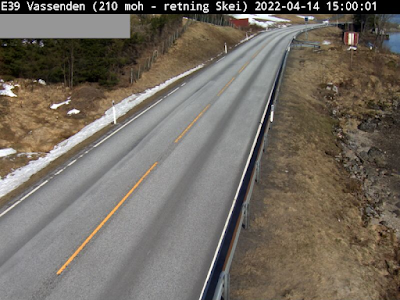He himself understood the strong interest which he gave to this hospitable country, which was recharged again and again with each change of abode, only as a permanent entry into all that had grown and had become, as a connection with the living and the dead, with a current situation, which he preferred to regard and understand in the light of his own past.
The meaning that the poet placed in things and people in this way, always created an enrichment for them. And as a recipient he processed internally all that pleased him and that suited him inwardly and placed it inside his microcosm, which adhered to a mysterious ordering principle.
For example, it is not indifferent to the understanding of Rilke's world, if one hears that every time he visited a city or village, he used to orient himself very carefully about its location, he made sure he knew the dates of its history and its remarkable buildings, he researched the dwelling places of the old indigenous families, he paid attention to their coats of arms, and soon knew all of them; finally, he never left a place without visiting the churchyard where he visited the graves and old tombstones.
This discovery of the bygone and the old-fashioned is for Rilke, even there where it appears like something of a hobby and a dabbling in history, a way towards himself, a portal to his literary productivity.
When he studied, decoded and recorded genealogical almanacs and armories, epitaphs and inscriptions on old houses and city gates, stories lifted from the darkness of old times, the history of a family or a castle this activity was always a necessity, a pursuit for fertilisation en energization. His letters from this Swiss period are full of relevant notes and descriptions, they testify that it never was a meaningless play on words that the poet collected and expanded in this manner, but that he brought all things into a meaningful relationship and connection, that he built up a world in this way, into which he gradually cocooned himself and from which, when the time came, he ventured the flight into the distance.
Source
J.R von Salis, Rilke in Zwitserland, Biografie van Rilkes laatste levensjaren, Uitgeverij De Driehoek, 's Graveland 1936 - Band en omslagontwerp Roel Knobbe













